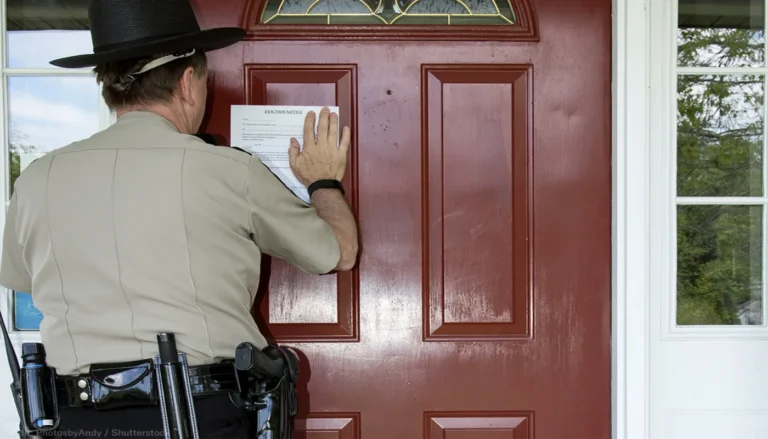Welcome To The RentalAwareness.Com
Where Rental Knowledge Meets Simplicity
We craft comprehensive guides and resources on everything rental-related. Dive into our curated topics and empower yourself in the world of rentals.
Why Choose RentalAwareness.Com?
Comprehensive Yet Digestible
Our mission is to simplify the complexities of the rental world. With us, you gain insights that are in-depth yet easy to understand, ensuring you’re always well-informed.
Tailored Resources For Every Need
From tenants to landlords, from lease agreements to eviction laws, we’ve got you covered. Our platform offers resources tailored to meet the diverse needs of the rental community.
Expert Support Just A Click Away
Got questions? We’ve got answers. Our team of rental experts is here to assist you. Whether you have a specific query or need guidance on a broader topic, we’re here to help.
Free eBooks and Guides
Unlock our collection of free eBooks and in-depth guides. Dive deep into specific rental topics and arm yourself with knowledge.
Our Latest Guides

13 Ways You’re Ruining Your Suede Forever (Professional Warning #9!)
Want to stop destroying your expensive suede? These shocking mistakes from leather experts reveal why your favorite pieces are falling apart.

What Can My Previous Landlord Say About Me? Uncovering the Truth
When giving a reference, landlords can legally share factual information about a previous tenant’s rental history like payment promptness, compliance with policies, damages or violations. However, landlords cannot make false,…

Do I Have to Use Tenant Shop? To Use or Not to Use?
No, you’re not obligated to use the tenant shop. For tenants that require assistance in securing utility connections for their new accommodation, tenant shop is a reliable resource. Tenant shop…

17 Essential Steps Before Renting Out Your House: Checklist
Before renting out your house, ensure it is well-maintained and understand all legal requirements. Take quality photographs and set a competitive rental price. Renting out your property can be a…

Can Landlord Be Different to Owner? – Rental Awareness
Yes, a landlord can be different from the owner of a property. Landlords are individuals or entities that lease or rent out a property to a tenant in exchange for…

How Can I Get My Neighbor Evicted: A Step-by-Step Guide
You cannot directly evict a neighbor yourself. But you can file formal complaints with the landlord or property manager if the neighbor violates rules like noise restrictions or harassment policies….

Top 10 Mistakes Tenants Make (And How to Avoid Them!)
How can you sidestep the top tenant blunders that could cost you peace and money? Discover the secrets to a stress-free renting experience.

Do Landlords Need to Paint between Tenants? Rental Awareness
Yes, landlords are generally required to paint between tenants in many states. A landlord is typically responsible for ensuring that their rental property is in good condition for new tenants….

13 Dangerous Bacteria Growing in Your Jetted Tub Right Now (Health Alert #6!)
Keep your relaxing bath from turning deadly by discovering the hidden bacteria lurking in your jetted tub’s plumbing system.